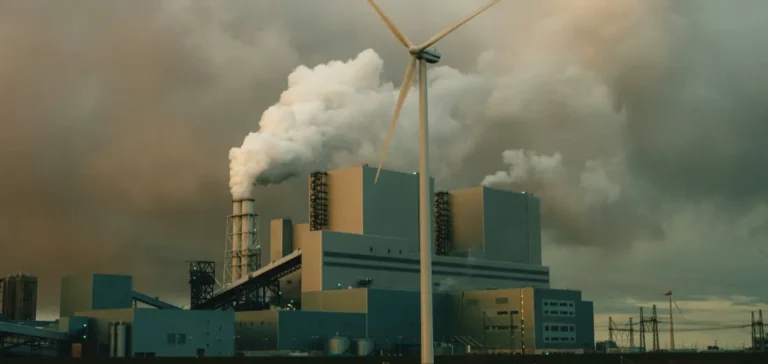The Australian government has unveiled a new target to reduce greenhouse gas emissions by 62 to 70% by 2035 compared to 2005 levels. This announcement falls within the framework of the 2015 Paris Agreement, which requires signatory countries to revise their climate commitments every five years. Australia thus becomes one of the few industrialised countries to formalise a new target for the 2035 horizon, while only about forty states have done so to date.
Funding plan and announced investments
Prime Minister Anthony Albanese described the new target as “responsible” and “science-backed”, while unveiling €2.8bn (AUD4.59bn, $2.98bn) in funding for a “Net Zero Plan”. This programme aims to support businesses in their transition to low-carbon energy. The government also plans to boost demand for zero-emission vehicles and strengthen renewable energy infrastructure.
Commitment limited by fossil fuel exports
Despite these measures, the Australian economy remains heavily reliant on the extraction and export of fossil fuels, particularly coal, of which the country is the world’s largest exporter. This reality limits the impact of domestic policies on global emissions. The government did not announce any restrictions on exports or cuts to fossil fuel industry subsidies.
Bid to host COP
In a tense geopolitical climate surrounding climate commitments, Australia has also confirmed its bid to co-host the next United Nations Climate Conference with several Pacific island states. This announcement comes as China, the European Union and other major economies have yet to publish their new climate contributions ahead of COP30 scheduled in Brazil.
Regional reactions and international pressure
Several voices in the Pacific region criticised Australia’s continued reliance on coal. Anote Tong, former president of Kiribati, highlighted that massive fossil fuel exports and ongoing public subsidies to the sector are holding back meaningful progress. He noted that a recent scientific report warns of severe risks for Australian citizens if no structural emission cuts are implemented.






















